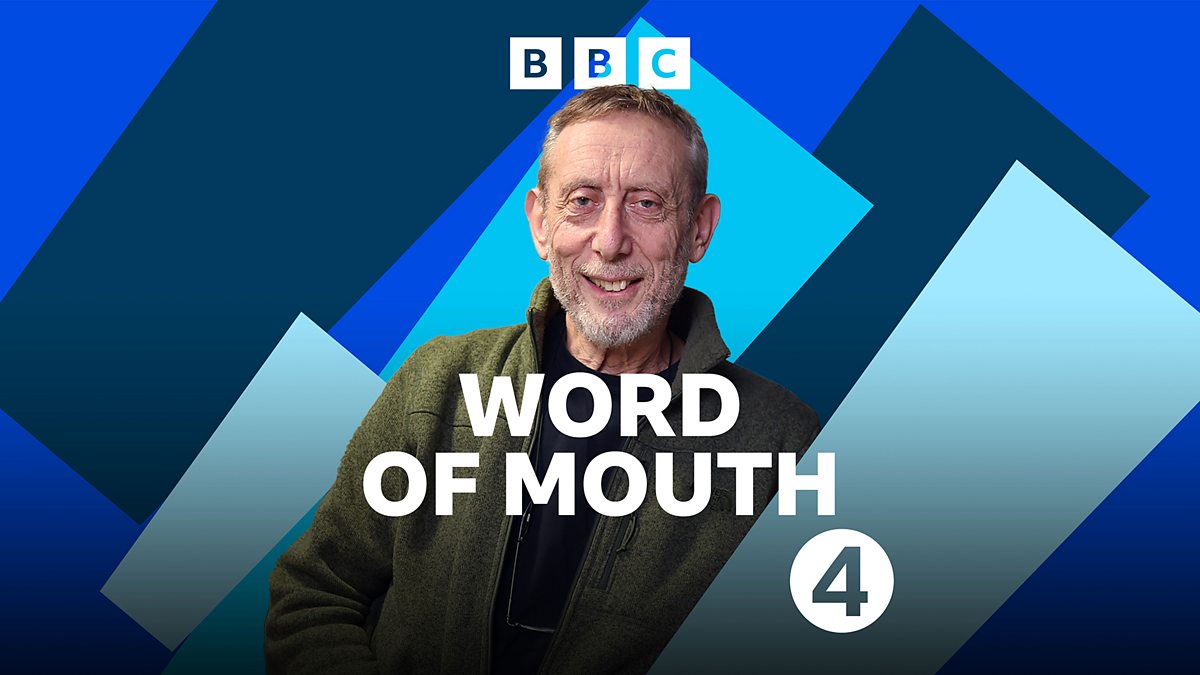Enemy Coast Ahead by Guy Gibson.
i think I must have read all of the classic Second World War books very many years ago but for some unaccountable reason, not this one. Happily found this particular copy, a 1970 Pan paperback, in a local street book cupboard last week and quickly snapped it up.
My father was stationed at RAF Scampton (among many other places) at around the same time as Gibson and wonder if their paths might have crossed.
i think I must have read all of the classic Second World War books very many years ago but for some unaccountable reason, not this one. Happily found this particular copy, a 1970 Pan paperback, in a local street book cupboard last week and quickly snapped it up.
My father was stationed at RAF Scampton (among many other places) at around the same time as Gibson and wonder if their paths might have crossed.

 . And it comes very close to the end.
. And it comes very close to the end.
 The concept of religious purgatory did cross my mind, though thinking about it, it would imply that there is an after-death heaven for them to go. Imagine a heaven populated entirely by 'purified' Party members. Bliss.
The concept of religious purgatory did cross my mind, though thinking about it, it would imply that there is an after-death heaven for them to go. Imagine a heaven populated entirely by 'purified' Party members. Bliss.
Comment